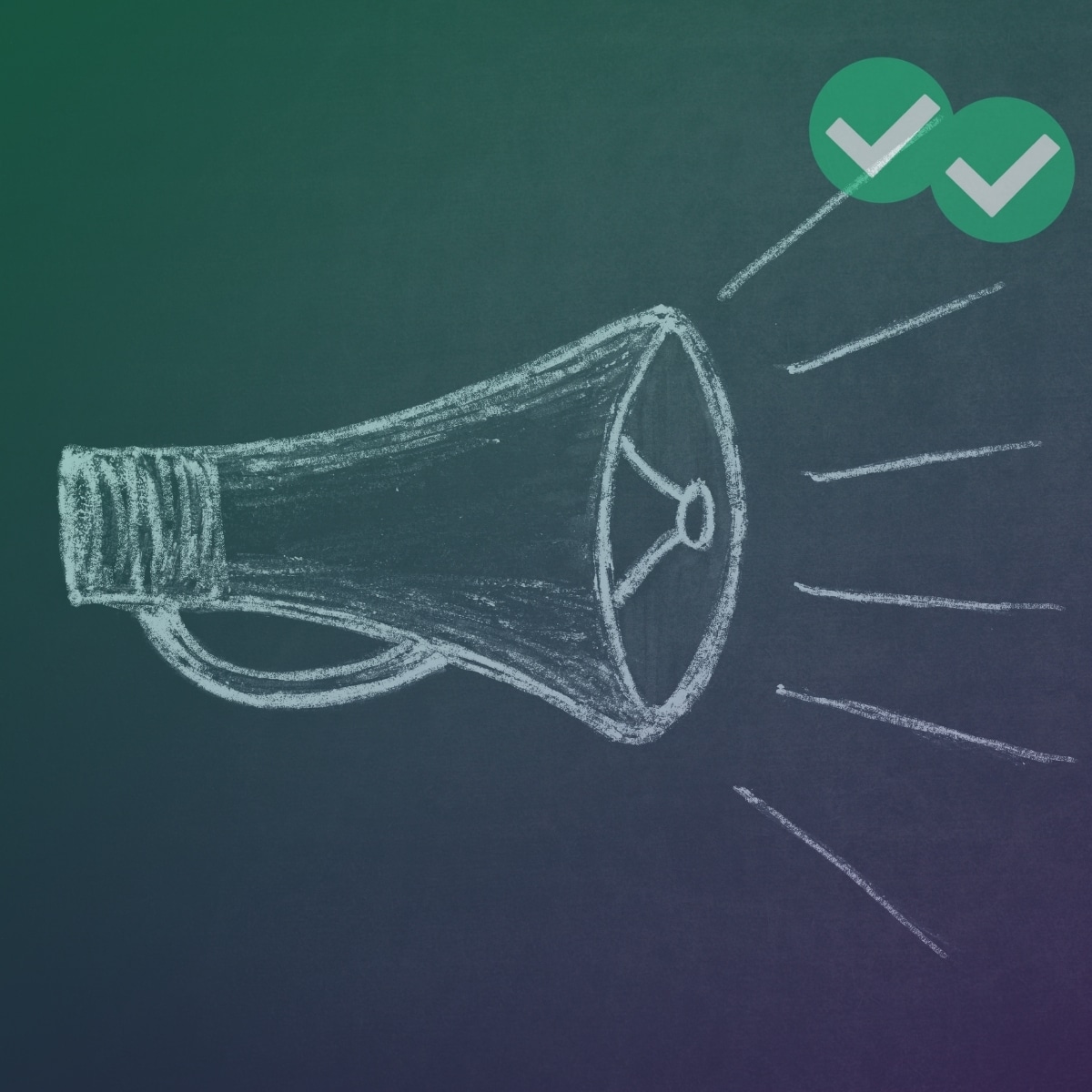
How long to study for the GRE highly depends on you as an individual. In terms of months, preparing for the GRE generally requires 1 to 3 months of studying. You can certainly extend that further if needed, but you probably won’t need more than 6 months.
In terms of hours, you can anticipate studying 20 to 200 hours in total to achieve your target score. That’s quite a range! And it’s due to all kinds of factors: how far you are from your target score, how long you’ve been out of school, how strong your language skills are, and more.
Let’s take a closer look at all those factors so that you can better estimate for yourself how long to study for the GRE. This will also give you insights into how to study for the GRE.
Table of Contents
- Your Target Score Greatly Determines How Long to Study for the GRE
- Other Factors That Impact GRE Studying Time
- How Much Time Do You Actually Have Available to Study for the GRE?
- Pick a Study Schedule
- How to Study Faster for the GRE
Your Target Score Greatly Determines How Long to Study for the GRE
How Competitive Are the Programs You’re Applying to?
Your target score is the number one factor in estimating how long you’ll need to study for the GRE. If you’re applying to a top program, it’s going to be very competitive, and thus you’ll need a competitive GRE score. In this case, your target score might be above 330. That would put you in the 90th percentile, meaning your score is higher than 90% of GRE test takers.
For other programs, getting into the 75th percentile can make your application stand out. That’s a score above 320. But you might not even need that much. If other parts of your application are very strong, you may only need an above average GRE score, a 310.
Research Your Schools
Keep in mind that some programs will only care about your score in one area, while some will care about your score in both. For example, physics programs tend to care far more about your math score, whereas literature programs focus more on your verbal score. But be sure to double check with your specific schools first, though!
In short, it’s essential to research your schools ahead of time to know what score you’re aiming for. You want to set a target a little above their listed average scores. This will help your application stand out more and provide you with a little cushion on test day. You also don’t want to set a target so high that you end up studying more than you need to.
How Far is Your Target Score from Your Current Score?
Equally important in estimating how long to study for the GRE is how far away you currently are from your target score. If you’re many, many points away, you can expect to study for more hours. And that’s fine! Everyone has a different starting point.
If you’re already close to your target score, you’ll likely study fewer hours. However, this depends on whether or not you’re aiming for a top score. If you’re just a couple points from a top score, closing that small gap can actually be quite difficult. Since points become harder to obtain the higher you go up the scale, be prepared to study longer.
In general, the more points you need to increase your score by, the more time and effort will be required. Additionally, the closer your target score is to the top of the scale, the more time you’ll need to spend studying and practicing to ensure that you get the vast majority of questions right on test day.
Take a Practice Test
Not sure what score you’d get if you took the GRE today? Take a free GRE practice test to find out! Or if you’re brand new to the GRE, you may want to become more familiar with the exam structure and question types first. Check out Magoosh’s Guide to the GRE for those details.
Other Factors That Impact GRE Studying Time
Is English Your First Language?
Many GRE students don’t speak English as a first language. If you’re bilingual, this won’t be an issue. However, if you’re working on your language skills at the same time, you’ll need to increase how long you study for the GRE. Simply put, GRE Verbal is incredibly difficult for non-native English speakers. If you fall into this camp, do not despair. You can still do well on GRE Verbal, but you may have to study for six months, or even longer.
Are You a Reader?
If you’ve been reading diligently over the years, you’ve likely developed a strong sense of how vocabulary works in context. This will pay off big time and cut down on your need to study GRE vocabulary. Furthermore, you’ll already have a good grasp of how to navigate passages with complex sentence structures. Hence, you will not need as long to prepare for the GRE.
But if you haven’t been an avid reader, this definitely increases the the amount of studying you’ll need to do for the GRE. You’ll need to spend more time on vocabulary—such as through flashcards—and reading in general. GRE Verbal is greatly a test about how you read, so the more you practice reading in your spare time, the better prepared you’ll be.
How Strong Are Your Math Skills?
Maybe you’re a quantum physicist. Or maybe you hear “pi” and think “apple.” If you already work with math on a daily basis, you won’t have to spend as much time prepping in that area. But if it’s been a while since you’ve used math, you’ll spend more time not only refreshing your understanding of various math concepts but also practicing with numbers.
If you’re unsure about how strong your GRE math skills are, try a few GRE math practice questions and see how you do!
How Do You Feel about Standardized Tests?
I’ve tutored standardized tests for a while now. Some of my students seem to have an intuitive sense of how the tests are put together and how certain answer choices are traps. Others are simply very good at focusing on the task at hand for several hours at a time. If you happen to have one or both of these traits, you’ll likely spend less time studying overall.
In other words, if you are already good at and used to taking tests (for example, you scored well on your SAT or AP tests in high school), you should not have to study for more than three months.
How Much Time Do You Actually Have Available to Study for the GRE?
After you’ve thought honestly about all of the factors we’ve discussed, you may still not have an exact timeframe in mind for preparing for the GRE. However, at least on a scale from “a little” to “a ton,” you should hopefully have a better idea as to whether to anticipate tens or hundreds of hours of studying.
Let’s try to make that a little more concrete. A lot of students answer the question “How much time do I wish I had to study for the GRE?” But it’s crucial to instead look at the amount of time you actually have available.
Plan Your Prep
Maybe it’s the summer, and you don’t have any classes, so you can devote 20 hours per week towards studying for the GRE. Or maybe you have a full-time job on top of family commitments, so you only have 3 hours per week to spare. Regardless, this is the key constraint and the one that decides how much you will study for the GRE.
Also, keep in mind your schools’ deadlines and the other components of your applications. All of this will help you not only determine how long to study for the GRE but also when to take it.
Ultimately, it’s important to be realistic and to do what you can in the time that you do have. Assess your current schedule and think about how much studying you could comfortably fit in each week. Then, multiply that number by the weeks until your exam to see how many total hours you have available for the GRE.
Pick a Study Schedule: 1 Month, 3 Months, or 6 Months?
Take the guesswork out of studying and stay on track by following a study schedule. Magoosh has many different GRE study schedules to choose from. They range from 1 month all the way up to 6 months. There are also different versions depending on whether you’re a new student or a seasoned one. Additionally, there are study schedules that focus more on a specific section of the exam, such as math.
The most popular schedules are the 1-Month Schedule and the 3-Month Schedule for Beginners. Advanced students more frequently go with the 1-month version, and, in general, we do encourage beginners to study for at least 3 months.
These study schedules on our blog are designed to be very comprehensive and often include additional external resources. They are structured such that you’ll spend 15 to 20 hours per week studying for the GRE. However, you most likely do not need to do every single task, as we’ll discuss in the next section.
How to Study Faster for the GRE
Adapt Your GRE Study Schedule
If you follow one of our study schedules to the letter, all the content needed for GRE mastery will pass before your eyes. However, depending on your target score, you may not need that. So, it pays to be selective. You may want to stick closely to the schedule early on, but as you learn more about your strengths and weaknesses, you can be more choosy about which tasks you complete, whether in whole or in part.
Strategically Approach Viewing Lessons
There may be lessons that you need to watch all the way through or even twice. However, there may also be lesson content that you’re already familiar with. A good practice to adopt is to first check out the lesson summary displayed beneath the video or presented at the end. If you don’t know what it’s talking about, that’s a good sign to go ahead and watch the whole thing. Otherwise, you may be able to click through the video or skim through its transcript.
You can also choose to speed up the videos to get through them at a faster pace. But do remember to pause before sample problems so that you can try them on your own first.
Frequently Assess Your Strengths and Weaknesses
As alluded to earlier, your study schedule doesn’t have to be set in stone. As you practice and review your error log, you’ll not only see which question types you miss the most but also why you miss them. Use that information to your advantage! If you’re consistently crushing Algebra, don’t feel like you have to watch every lesson. Likewise, if Geometry consistently trips you up, plan to spend more time studying those concepts and doing additional practice problems.
You can also be selective in the practice that you do. If your vocabulary is already strong, you can choose to practice with only Hard or Very Hard Text Completion questions and skip the easier ones. On the other hand, if you’re just beginning to build up your vocabulary, those Easy and Medium questions will be more applicable to you.
Closing Thoughts
Here are a few quick tips from me on how to best prepare for the GRE:
Ready to start studying for the GRE today? A Magoosh GRE Premium plan has the lessons and practice you need to get a high score. Select from several different study schedules right on your dashboard to stay on track in your studies. No matter how long you study for the GRE, take it one day at a time! You’ve got this!





